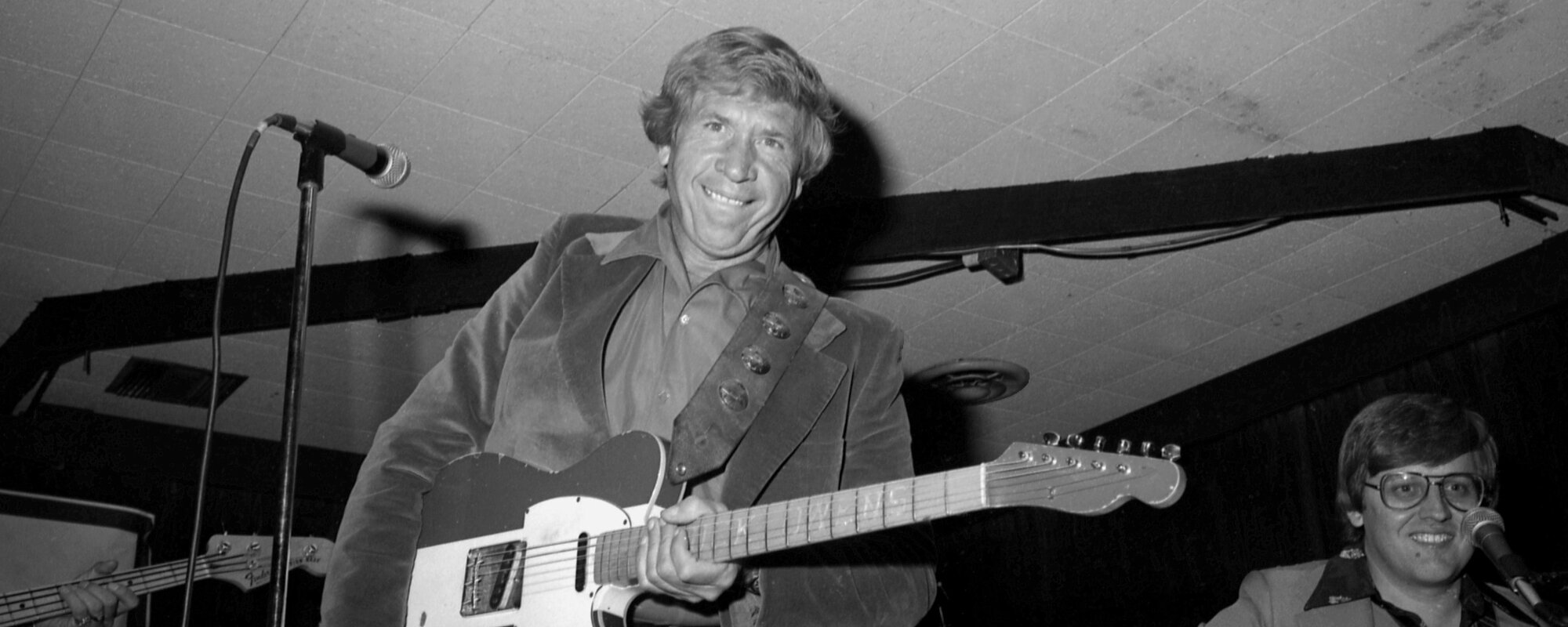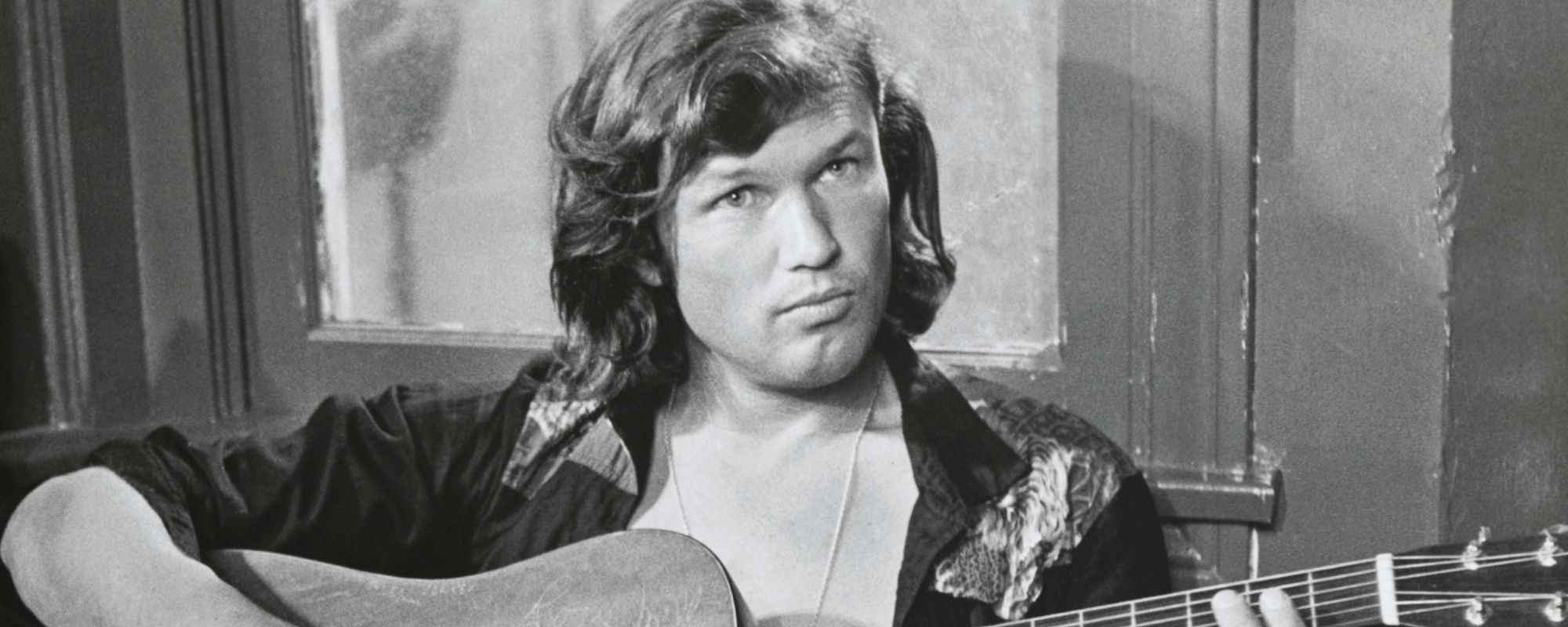Pete Seeger holds a unique distinction of being one of the founding fathers of the folk revival movement in the United States and a target of a lengthy FBI investigation. He was a patriot in his own right. That patriotism didn’t strictly come from his affinity for the United States, but also from his criticism of it. Throughout his career, Seeger constantly participated in ideological battles through his music and the protests he participated in, which led to him being a target of both the FBI and the United States for roughly 20 years.
Videos by American Songwriter
From the 1940s to the early 70s, Pete Seeger was investigated by the FBI due to his political ideals being deemed as subversive and rebellious to the United States government. Seeger’s battle with the FBI began in 1943, when the then-army private wrote a letter concerning the mass deportation of American citizens of Japanese descent.
“If you bar from citizenship descendants of Japanese, why not descendants of English? After all, we once fought with them, too. America is great and strong as she is because we have, so far, been a haven to all oppressed. I felt sick at heart to read of this matter,” wrote Seeger, per Mother Jones.
This was just the start of the Feds’ investigation and prosecution of Pete Seeger.
An Huac Trial and 1,800 Pages on Investigative Files on Pete Seeger
Weeks after the Feds got a hold of Seeger’s letter, they viewed the folk singer and army private as a security risk with close ties to the communist party, and he was investigated as such. Seeger was, in fact, a member of the Communist Party, but revoked his membership in 1949.
Given his ties to democracy’s adversary system, the United States military barred him from deployment. Furthermore, even Seeger’s fiancée, Toshi Ohta, was investigated due to her ethnic background. Additionally, Military Intelligence reportedly paid a visit to Woody Guthrie and inquired about Seeger’s allegiance to the United States. According to The Guardian, the FBI compiled 1,800 pages worth of investigative material on Seeger.
Seeger remained a target of the FBI after WW2. When the second Red Scare and McCarthyism became the focal point of the U.S. government, the investigation and prosecution against Seeger seemingly became more intense.
Specifically, in 1955, the House Committee on Un-American Activities (HUAC) questioned Seeger due to his ties with the Communist Party. Two years after the hearing, Seeger was cited for contempt of Congress. Four years later, he received a guilty verdict and a one-year prison sentence. However, Seeger got out on bail and had his sentence overturned a year later.
This was not the end of Seeger’s battle with the FBI and the United States government, as he would remain under the Bureau’s surveillance, reportedly, until the early 70s.
Photo by Brian Shuel/Redferns













Leave a Reply
Only members can comment. Become a member. Already a member? Log in.